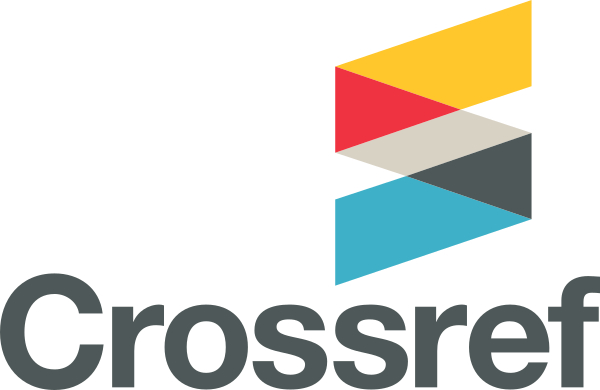JSER Policies
JSER Online
JSER Data
Frequency: quarterly
ISSN: 1409-6099 (Print)
ISSN: 1857-663X (Online)
Authors Info
- Read: 12941
Egidija NOVLJAN
INTERDISCIPLINARY APPROACH AND THE PROBLEMS OF THE PARENTS AND CHILDREN WITH DEVELOPMENTAL DIFFICULTIES IN
Cooperation between experts, parents and children, based on the respect and with wish for giving the best opportunities for the child's development. The child with developmental difficulties didn't has "transients condition", some of them will be dependent of the adult's help and very often they have to live surrounded by enviromnent which will knew how to look after them. Relation between experts, parents and children is dynamics interaction in whom every activity from one side has influence to the activity of the another side. So, if the expert has influence to child and also to its family, than they will have specific effect to the child. The success depends of the qualities of those relations. These relations have to be linked to eacnothe, and all have to lead to the final target. The child needs help and understanding but: when, how and who will give that help depends of the level and kind of the disabilities and the age of the child.
The expert has to keep balance between the active and passive relation with child and its parents. It's very clear that the active relation is the most important condition for successful cooperation, but active and passive relations have to work together. It didn't exist but very easy should happened that the expert could lead the child to longleaf (invalid stick), as well as family.
We will be wrong if we put the active relation only in the family. The family is very good partner in developmental and educational process, but the family couldn't be the Institution for education.
If the child with developmental disabilities is include in primary school, we have to keep in mind that every parents didn't work with the children on the same way. Many of them couldn't learn how to work with child. The parents are present when the main decision for child have been brought, and they have opportunity to decide where, when and how they are going to cooperate with as.
Share Us
Journal metrics
-
 SNIP 0.059
SNIP 0.059 -
 IPP 0.07
IPP 0.07 -
 SJR 0.13
SJR 0.13 -
 h5-index 7
h5-index 7 -
 Google-based impact factor: 0.68
Google-based impact factor: 0.68
10 Most Read Articles
- PARENTAL ACCEPTANCE / REJECTION AND EMOTIONAL INTELLIGENCE AMONG ADOLESCENTS WITH AND WITHOUT DELINQUENT BEHAVIOR
- RELATIONSHIP BETWEEN LIFE BUILDING SKILLS AND SOCIAL ADJUSTMENT OF STUDENTS WITH HEARING IMPAIRMENT: IMPLICATIONS FOR COUNSELING
- EXPERIENCES FROM THE EDUCATIONAL SYSTEM – NARRATIVES OF PARENTS WITH CHILDREN WITH DISABILITIES IN CROATIA
- INOVATIONS IN THERAPY OF AUTISM
- AUTISM AND TUBEROUS SCLEROSIS
- DIAGNOSTIC AND TREATMENT OPTIONS IN AUTISTIC SPECTRUM DISORDERS – AN OVERVIEW
- THE DURATION AND PHASES OF QUALITATIVE RESEARCH
- REHABILITATION OF PERSONS WITH CEREBRAL PALSY
- DISORDERED ATTENTION AS NEUROPSYCHOLOGICAL COGNITIVE DISFUNCTION
- HYPERACTIVE CHILD`S DISTURBED ATTENTION AS THE MOST COMMON CAUSE FOR LIGHT FORMS OF MENTAL DEFICIENCY
















